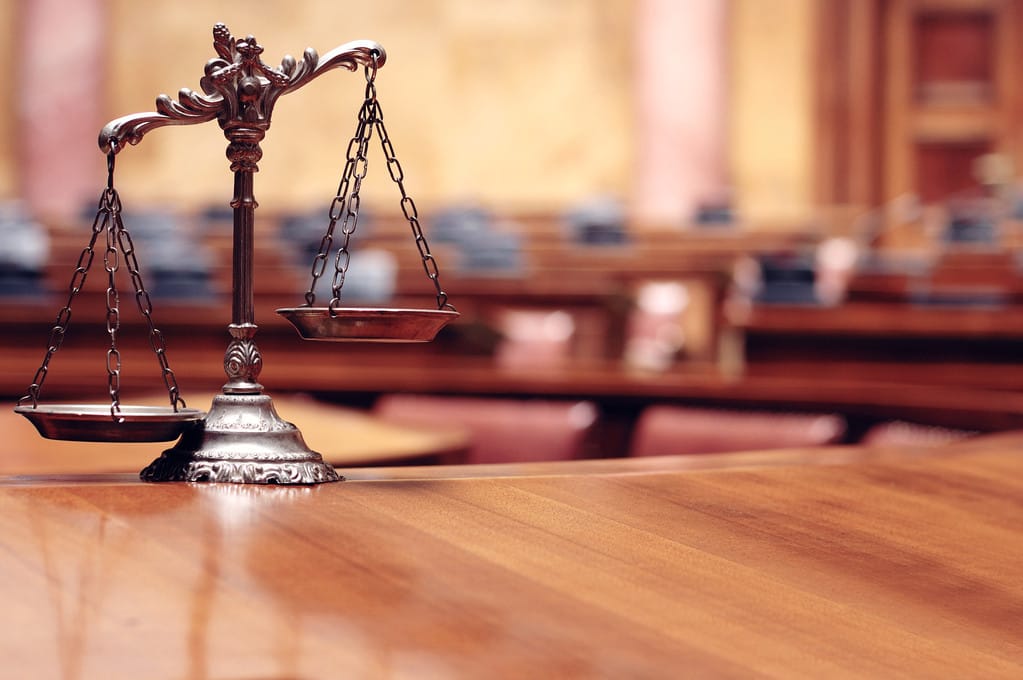The 9th Circuit Court of Appeals is currently deliberating over a contentious case involving the Trump administration’s authority to deploy National Guard troops to Los Angeles amidst growing tensions surrounding immigration protests. Governor Gavin Newsom’s legal team has deemed the administration’s arguments for this deployment as “terrifying,” asserting that the circumstances do not warrant such military involvement.
During the court proceedings, lawyers from the Department of Justice reiterated the administration’s stance that President Trump has the unilateral authority to federalize state National Guard troops without judicial oversight. Importantly, a panel of judges appears open to this argument, contrasting with a prior ruling from a lower court that favored Newsom’s position.
The implications for California are significant. Should the court side with the Trump administration, it could set a precedent allowing federal authorities to intervene in state matters with minimal oversight, potentially jeopardizing California’s self-governance and complicating the already strained relations between state leadership and federal authorities. Additionally, as one-third of California’s National Guard is currently assigned to Los Angeles, this deployment could detract from essential services like wildfire response, further endangering public safety.
As the legal battle unfolds, discussions around the nature of the protests as potential rebellions are critical. Newsom has insisted that local police can manage the situation, highlighting the potential risks of militarization in civilian contexts.
The court’s decision, expected soon, may appeal to a larger panel or even escalate to the U.S. Supreme Court. Meanwhile, lower court decisions will continue to play a critical role in shaping the deployment’s scope and context, revealing a deeper clash over federal authority and civil liberties that could resonate beyond California. This ongoing legal dispute underscores the broader national debate over the militarization of law enforcement and its implications for democracy and public trust.
via calmatters.org


